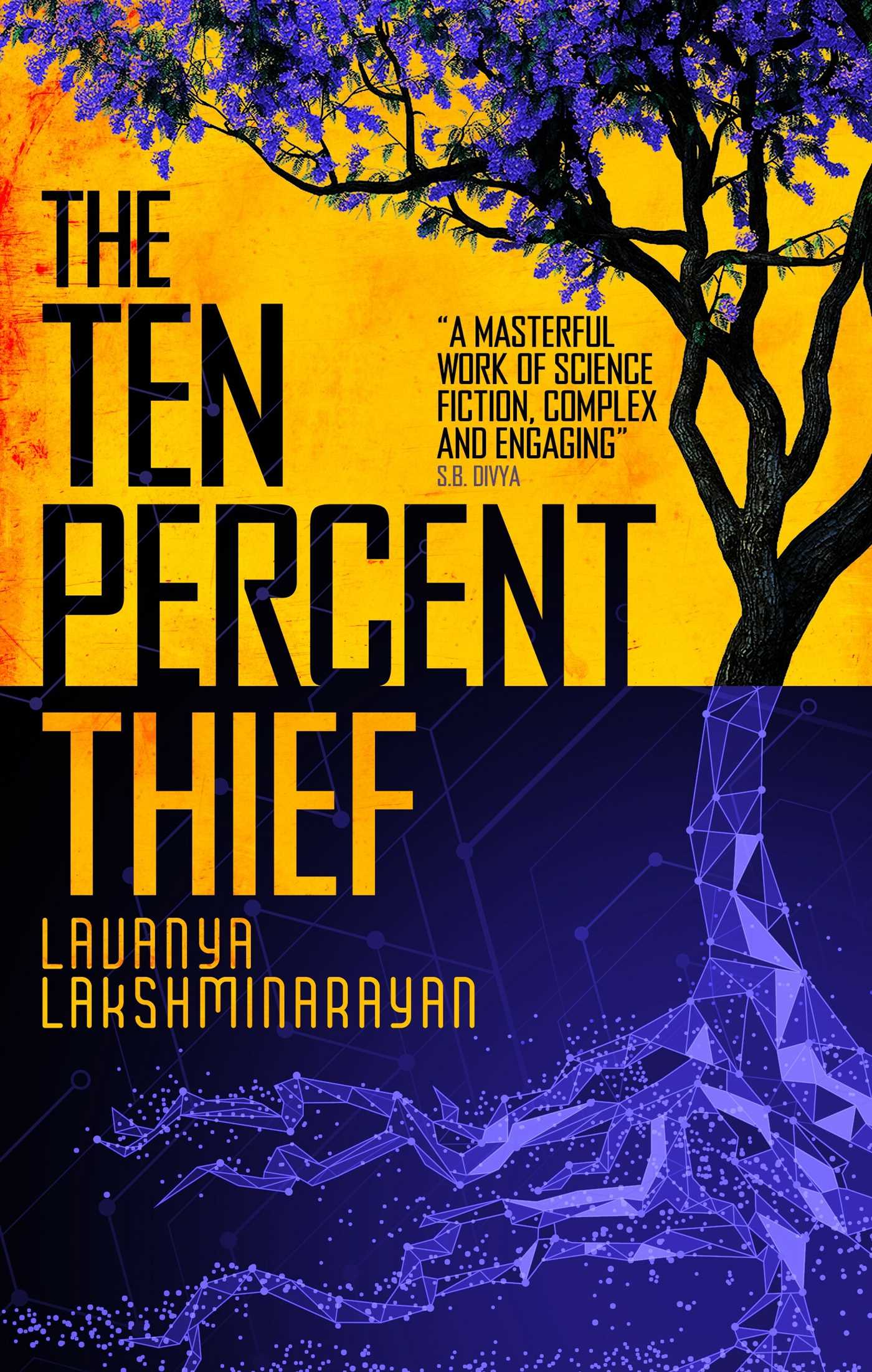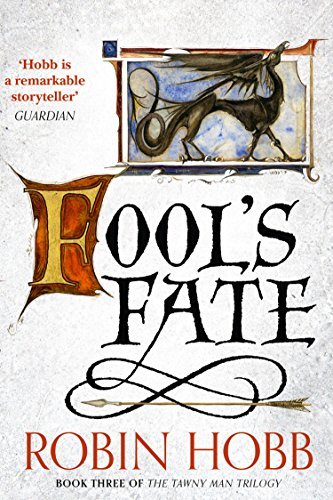It’s that time of year again! Where I go through all the books I’ve read this year and dig out my very best favourites, then relentlessly compliment those same books for making this year’s reading so great. This year was a particularly difficult one to narrow down, with five books being no brainers at the top of the list, and probably about fifteen or so more being really good.
What’s interesting this year is how many sci-fi books have made the list – I think it speaks to my shifting tastes that sci-fi is getting more and more priority as I’m finding a lot of fantasy failing to excite me quite as much. There are exceptions to this rule, as you’ll see further down the list. I’ve also found myself more interested in books that play around with narrative, with three mosaic-style novels making the list. I usually try not to include more than one book from a series, although this has not been necessary this year.
With that out of the way, let’s begin!
10. The Vor Game

I have a feeling there’s going to be a Vorkosigan Saga book on my top ten list every year until I’ve finished the series (although this book came surprisingly close to falling off the list based on how many great books I’ve read this year. Miles is in top form in this one, as coincidence often lands him in problems that he needs his quick wit and strategic brain to get out from (and come out on top).
9. The Quantum Thief

The Quantum Thief really throws you in at the deep end, with so much jargon in a post-human setting where post-humanity can take many forms. The world-building, once you understand it, is really bold and interesting, and the story unfolds in a cool way too. I loved the Mars colony based around the idea of spending time as currency – and when you run out of time, your mind ends up in one of the machines that keeps the city running, with the idea being that you can live in relative paradise, but only if you do your part to maintain it.
No review for this one, probably because I wouldn’t be able to do it justice, but I’m looking forward to reading the rest of the trilogy.
8. Tell Me An Ending

I was emotionally gripped by this novel about people whose lives have all been changed by a clinically available memory removal process. Five protagonists each differently affected, some learning that they had memories removed in a way that also removes the knowledge of the removal itself. It’s a fascinating exploration with strong characters.
7. The Ten Percent Thief

I really enjoyed this mosaic novel that explores a city of two parts, and the turbulent events that lead to the downfall of those who live above the rest. It’s strength lies in the fact that each chapter is a meaningful short story by itself, but pieced together they tell a story of what happens when inequality has been pushed to the point where people can’t take it anymore, as well as showing how most of those in the ten percent are being oppressed too without even realising it.
6. Fool’s Fate

Fool’s Fate was a really great conclusion to the Tawny Man trilogy, and a pretty good breathing point for the Realm of the Elderlings series as a whole (even if a couple of plot threads do still linger for the next seven books to take on). In fact, Fool’s Fate provides a lot of additional context and closure for many of the plotlines in the first Fitz lead trilogy, which was greatly appreciated. As with all Realm of the Elderlings books, the characterisation was superb, and the writing was top notch.
5. Some Desperate Glory

This book stars an unlikeable protagonist who is basically a brainwashed child soldier being used by a force of guerrilla fighters – the last of humanity’s rebellion against the aliens that want to subsume them into their collective. It’s raw and complicated, with many bad decisions being made for understandable reasons. And then about a third of the way through the story takes a sharp right turn and forces us to examine the situation from a new angle, with further complications and huge implications.
4. The Big Book of Cyberpunk

Despite not being a fan of the Cyberpunk aesthetic before reading this book, I found myself devouring these well selected stories, and noting down many author’s names before the end. This book is huge, with Cyberpunk stories spanning from precursors to the genre, to ones that take the genre past its natural conclusions. Highly recommend if you want to sample the genre, understand it or find out how wide and wonderful it can be.
3. There is no Antimemetics Division

What first seems to be a series of loosely connected short stories about the eponymous Antimemetics Division during a turbulent time, turns out to be a far more connected narrative that twists and turns and recontextualises itself. How do you fight an enemy that can hide from your knowledge of it? Or one that can remove you from the memory and knowledge of everyone else? Or one that you can only remember in a specifically lined chamber to prevent it from taking over your mind? The Antimemetics Division deals with beings that are antimemes, things that remove themselves from memory in a variety of inventive ways. It’s a fresh take on cosmic horror that delighted and horrified me in equal measure.
2. Lords of Uncreation/House of Open Wounds

Would it be a Doomscribe top ten list without a multi-entry Adrian Tchaikovsky placement? I decided to put these two together because they’re both fantastic, and I prefer to highlight as many authors as possible without making the list ridiculously long!
Lords of Uncreation is the finale to the Final Architecture trilogy, and boy does it deliver. It’s the kind of space opera that I love, with politics, strange planets, big twists, bold stands and most of all a core focus on its characters. I can’t stress enough how well the characters’ journeys worked into the climax of the book. I love a great ending, and Lords of Uncreation has one of the best.
House of Open Wounds is a mosaic novel and more compact standalone sequel to the sprawling City of Last Chances. The cast of heretic/problem medics in the field hospital of a conquering army of the Palleseen empire is a great and unique choice, and Tchaikovksy’s prose and imagery is at the very top of his game. Each character was interesting and complex, and I loved how visceral a depiction of war this was, along with the ever present irony of the Palleseen, the way they chase perfection but turn to imperfect methods to get there.
1. The Spear Cuts Through Water

The Spear Cuts Through Water is a uniquely brilliant novel. The way it weaves several narrative elements seamlessly, the beautiful prose, the mythic and epic story somehow feeling grounded. Ultimately, to me this is a story about empathy, and possibly the best written novel I have ever read? If you ever get tired of the same old story, I implore you to try this book with an open mind. (Special props goes to Joel de la Fuente and the production team for the audiobook for crafting what must have been a challenging narrative job into perfection).
I do have a review of this book ready to go, but it is taking longer than anticipated to get it published on a different site.
Honourable mentions this year are going to be pretty long: Shards of Earth/Eyes of the Void by Adrian Tchaikovsky, A Slice of Mars by Guerric Haché, Crownbreaker by Sebastien de Castell, Primeval Fire by C.T. Rwizi, Babel by R.F. Kuang, The Expert System’s Champion by Adrian Tchaikovksy, The Djinn Falls in Love and Other Stories, Waybound by Will Wight, Sundial by Catriona Ward, Ceteganda/Ethan of Athos by Lois McMaster Bujold, Skyward Flight: The Collection by Brandon Sanderson & Janci Patterson, Kundo Wakes Up by Saad Z. Hossein, He Who Drowned the World by Shelley Parker-Chan, China Mountain Zhang by Maureen McHugh, Ancillary Justice by Ann Leckie, Guns of the Dawn by Adrian Tchaikovsky, Saevus Corax Captures the Castle by K.J. Parker and A Little Hatred by Joe Abercrombie.
Did any of these books make your top ten (either this year or previously for the older books)?